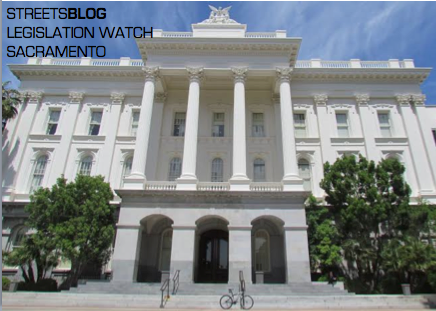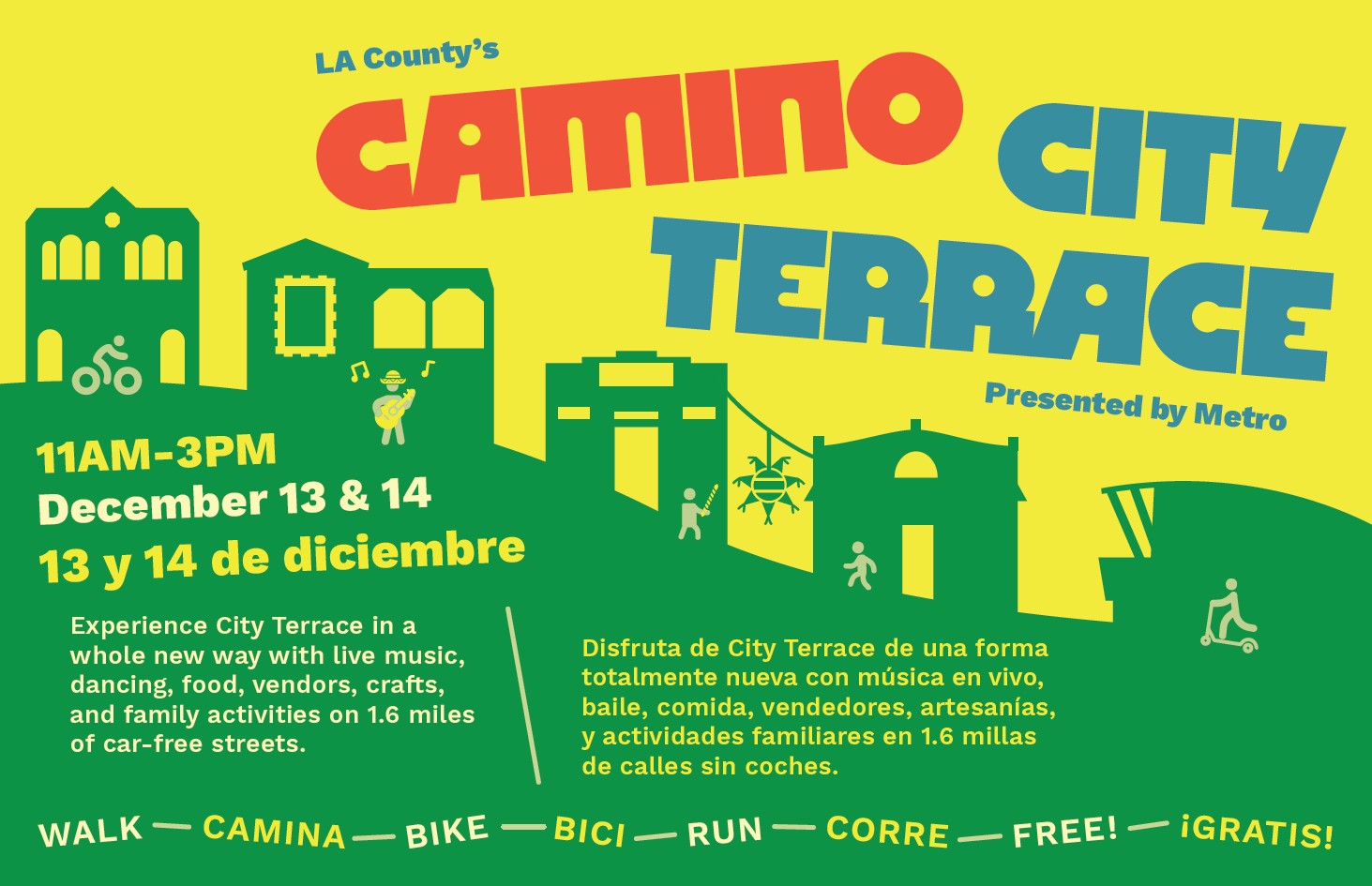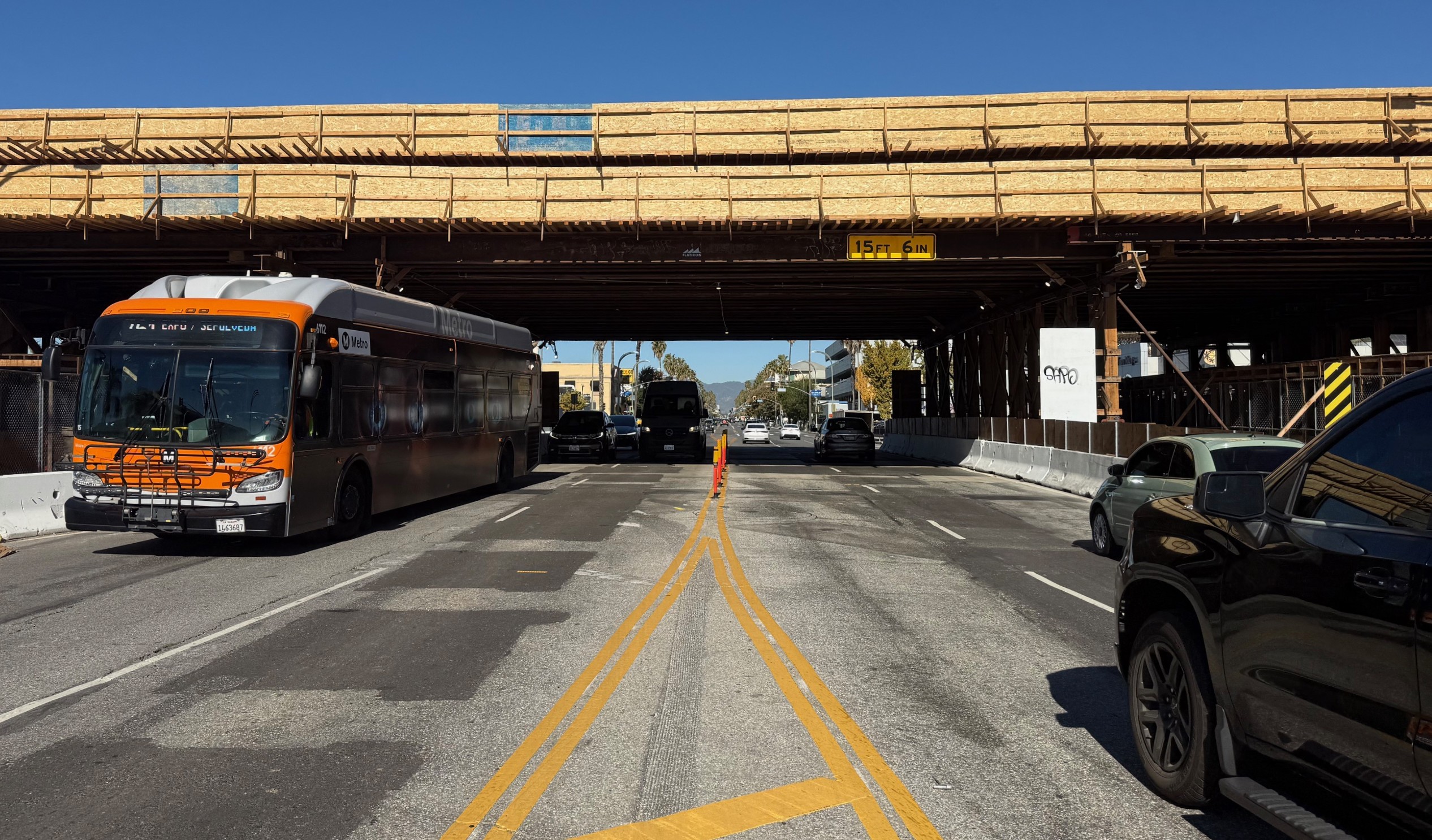Here is Streetsblog’s weekly highlight of California legislation related to sustainable transportation.
Vulnerable Users Bill Watered Down: In its slog through the legislative process, AB 2398 from Marc Levine (D-San Rafael) was amended to lower the maximum fine on a conviction for causing bodily injury to a special class of “vulnerable road users” from $1,000 to $300.
The Senate Committee on Transportation and Housing had balked at the size of the $1,000 fine, which could end up costing more than $4,000 after surcharges and fees are added. As amended, the fines under the bill would now range from $220 to $300, resulting in total fines between $1,033 and $1,361. The amended legislation would still be an increase over current fines.
Another amendment added Segway and wheelchair users to the definition of “vulnerable users,” which already includes bicyclists, pedestrians, highway workers, horseback riders, and drivers of farm equipment.
Protected Bike Lane Bill Adds “Freedom from Caltrans” Clause: AB 1193 from Phil Ting (D-San Francisco) would require Caltrans to develop standards for protected bike lanes so that local jurisdictions can plan and build them with the agency's blessing. An amendment published this week changed a single word -- from “shall” to “may”-- opening up new possibilities for “all city, county, regional, and other local agencies responsible for the development or operation of bikeways or roadways where bicycle travel is permitted.”
The change in verbage means cities would no longer be required to use Caltrans' criteria when designing bicycle facilities. Bicycling advocates and planners have long argued that it's inconsistent to require planners and engineers to adhere to Caltrans standards for bike facilities, but not other roadway features on local streets and roads.
This bill will be considered in committee on Tuesday. Expect to hear more about it soon.
Uber, Lyft, Etc. Facing Regulation: A long, contentious hearing on two bills that would regulate Transportation Network Companies (TNCs) such as Uber and Lyft resulted in some compromise amendments. A.B. 612 from Assemblymember Adrin Nazarian (D-Los Angeles) would have required the companies to comply with the same rules as taxi companies, including drug and alcohol testing of drivers, criminal background checks, driver fingerprinting, and registering TNC vehicles with the California Public Utilities Commission. The Senate Energy Committee removed everything but the drug and alcohol testing and background check rules and sent it back to the Insurance Committee.
The same committee also passed along A.B. 2293 from Susan Bonilla (D-Concord), which would add requirements that TNC company insurance be the primary policy while drivers are working. The specific amount of required insurance was a sticking point in the hearing, and remains open for debate. Lyft spokesperson Page Thielen released a statement saying the "hearing demonstrated that there is no clear consensus about how to best determine appropriate levels of insurance for ride-sharing, and we will continue working with legislators to ensure that consumers, drivers, and passengers have the ability to access safe rides from the Lyft community." See KQED's News Fix blog for excellent coverage of the various sides of this issue.
Email tips, alerts, press releases, ideas, etc. to melanie@streetsblog.org.
For social media coverage focused on state-wide issues, follow Melanie @currymel on Twitter or like our Facebook page here.







